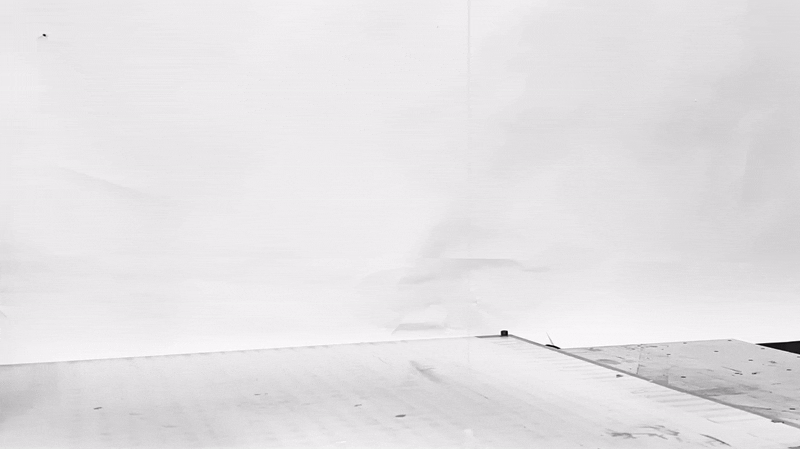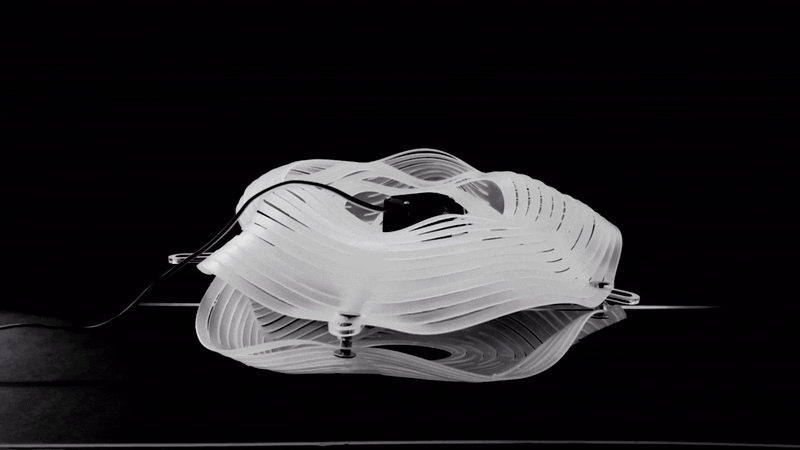Alchemist
Studio Pierandrea Angius
Tutors Angel Tenorio, Anna Kondrashova
Team Shivani Bakhru, Mehul Jain, Jinxuan Wu
Alchemist is an infrastructural community that occupies the arid landscape of the desert in Northern and Central Africa. Given that roughly 30% of the planet is desert, the goal of this project is to re-purpose this otherwise inhospitable, obsolete terrain, while also providing energy as a resource to neighbouring and distressed countries. Alchemist harnesses the natural elements of the desert, and converts them into valuable resources, producing energy from sunlight. Integrated solar panels and water extraction systems enhance the unit’s self-sufficiency. The goal of this project is to design a large-scale intervention of inhabitable, mobile and adaptable units that function as a solar array, generating not only self-sufficiency, but also plugging back into and charging the grid. The notion of the collective and interaction between the units was at the core of this research. The resulting dynamic system consists of individual components which interact and adapt with functionality and efficiency, respond collectively to environmental stimuli, share resources and optimize spatial configurations. Autonomous and interdependent units form a cohesive community which can self-organize and evolve in an efficient and scalable way. This thesis develops transformation principles based on different environmental and operational needs in the protection, settlement, and mobility phases. One of the features is a closed loop transformation system, that learns from the environment, neighbouring units and the user behaviour, adapting and recalibrating according to the acquired information. Drawing from first and second-order cybernetic principles, the design is structured in three parts: the unit’s development and user interaction, interaction with neighbouring units, and dynamic relationship with the environment. Through the studies of proxemics and ergonomics, an understanding of how spatial constraints and environmental conditions impact movement patterns and user well-being was developed. Prototypes of transformative techniques, focusing on energy efficiency and the shape-shifting capabilities of the unit were also implemented. The design can, autonomously and collectively, stabilize and optimize placement in clusters, ensuring minimal energy loss and optimal efficiency. Moreover, through a study of the dynamism and movement of dunes, Alchemist units are able to shift and mould with the constantly varying terrains and Desert storms. Studies of the wind patterns, computational fluid dynamics simulations and material, were crucial for adaptability in desert storms and shifting sand dunes. Using sand as the principal mobility driver, we employ a liquification strategy, that removes all friction and allows the units to glide as though on water. This, combined with an embedded vibration, allows units to redirect and move, skating along the dunes, powered by solar panels alone. A future is anticipated where the units form highly efficient, self-sustaining communities that thrive in challenging, otherwise unoccupied, environments, while also producing surplus energy back to neighbouring grids. As population density grows and cities become over-crowded, with third-world countries not developing at a rapid enough speed, Alchemist offers a viable solution for community and living, reclaiming and repurposing these otherwise obsolete and inhospitable terrains.
Team Alchemist has partnered with Meltio (https://meltio3d.com) to explore the potential of cutting-edge wire-laser metal 3D printing. Together, they developed adaptive, mobile structures featuring compliant and topologically optimised titanium components, advancing structural efficiency, material performance, and controlled flexibility.


















